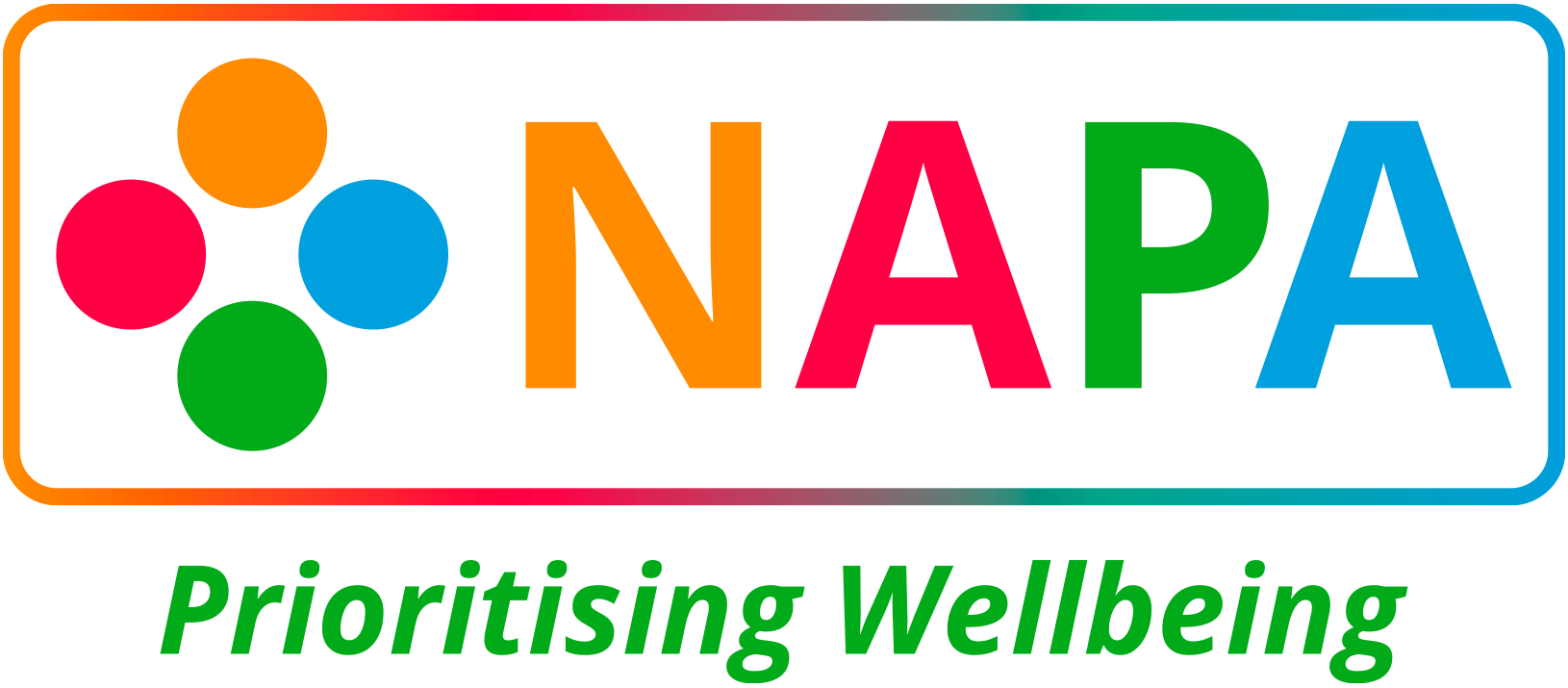
Christmas is a time for singing
25/11/2020NAPA Webinar – WOW – My Life in Facts and Photos – DementiAbility
08/12/2020
The fist in a series of blogs written by our Helpline Manager, Sylvia Cowleard
Welcome to my first blog this one is about wellbeing and the question a lot of people ask …
What is wellbeing?
When I ask this question the two most common suggested answers I receive are:
“Being happy”
“Being healthy”
Collins dictionaries define wellbeing as ‘a state of being contented, healthy or successful’.
Oxford dictionaries define wellbeing as: ‘the state of being comfortable, healthy or happy’.
So, I think we can say the answers given to the question are correct, as far as the dictionaries define wellbeing.
But what is happiness? Different things make different people happy. Seeing my grandchildren or a glass of wine and a hot tub make me happy. What makes you happy?
So, if the two suggestions above are correct, does this mean that people who do not have good health, can’t have wellbeing? I don’t think this is the case.
For me, being comfortable is an important contributor to wellbeing, because it suggests any pain the person may have has been managed to the point where they are ‘comfortable’ therefore it will aid wellbeing. It could also mean that the person has sufficient money to meet their needs.
I think It is safe to say, there is no single definition of wellbeing, because how this is interpreted will depend on the individual, their circumstances, and their priorities.
I asked Hilary Woodhead, NAPA’s Executive Director what wellbeing means to her and this is her reply:
“For me wellbeing is not about being happy all the time but being able to express a range of emotions and have them responded to – that includes sadness and anger. Of course, if these feelings or emotions are not responded to then that tips into illbeing – I don’t know about you, but I feel great after a good cry – or a good argument!”
I believe wellbeing goes beyond the traditional definition of health. I think It refers to many varied and interconnected aspects of physical, mental, and social wellness. It includes having choices and participating in activities which are aimed at achieving physical vitality and a mental attitude that is willing and eager to take part in ‘life’. Having a sense of wellbeing encompasses being included in social activities and having a sense of social satisfaction and opportunities for achievement, all of which lead to personal fulfilment.
When I think about wellbeing in relation to the Care Act, I think we must consider it as a broad concept relating to the following areas:
- personal dignity (including treating the individual with respect)
- physical and mental health
- emotional wellbeing, meaning all emotions are supported including grief and anger
- protection from abuse and neglect
- control by the individual over their day-to-day life, including over care and support provided and the way they are provided
- opportunity to participate in activities
- social and economic wellbeing
- relationships supported and maintained
- suitability of the individual’s living accommodation
- supported to enable the individual’s contribution to society
I don’t believe there is a hierarchy in these areas of wellbeing, they all are equally important. Therefore, it is essential to use a holistic approach to ensure we understand the individual’s views and what gives them wellbeing.
Promoting wellbeing involves actively working with the individual, seeking to improve all aspects of wellbeing when carrying out any care and support function. This should apply to any stage of the process from the provision of information and advice to writing and/or reviewing a care and support plan, to providing that support.
Conclusion
Wellbeing cannot be summed up as being ‘happy’ or ‘healthy’ there is a lot more to wellbeing than that.
Well-being is achieved when we have a sense of hope and a sense of agency. A sense of agency means feeling that we have control over what we do and what happens to us.
Wellbeing means we have confidence, self-esteem and improved physical health.
When we have wellbeing, we know who we are, and we can express our ‘self and identity’.
Very often there is a desire to stop a person from recalling sad memories, because we want them to be happy, but to have wellbeing, we need to recall all parts of our lives and allow appropriate emotions to be expressed.
Supporting individuals with meaningful activity and engagement will have a positive impact on their health and wellbeing.
To download our factsheet on wellbeing click here.



